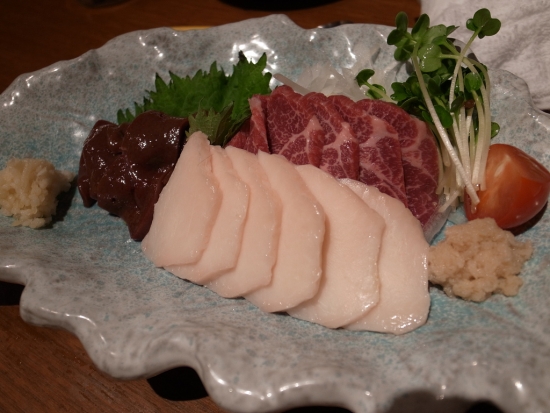Food standards are in the news once again following the revelation that some Findus lasagnes have been found to contain 100 per cent horsemeat. Findus has now withdrawn the products and people have been advised to return them to the shops as there is a risk that harmful veterinary medication could enter the food chain.
Findus is the latest company to be implicated in the horsemeat controversy and in this case criminal activity is suspected. Environment Secretary Owen Patterson has reacted to the news by describing the situation as “completely unacceptable” and pledging that the government will work closely with businesses to “root out any illegal activity.”

However, while the majority of consumers may regard the presence of horsemeat in their food with horror, it seems that a growing number are now actively searching for horse meat products. In fact, one retailer of specialist meats has reported a rise of 10 per cent in horse meat sales since the original revelations came to light.
Paul Webb, director of Midlands retailer Exotic Meats, claims that consumers have become curious about the different varieties of meat available since the contamination issue first hit the headlines.
As well as selling horsemeat, his company offers exotic cuts such as kangaroo, camel and crocodile. Also on the menu is zebra, which Mr Webb says has also become popular as consumers attempt to widen their horizons yet further.
The majority of his customers choosing to sample horsemeat are middle income, middle class consumers, leading Mr Webb to believe that the dish has become something of a must-have at dinner parties.
Of course, horsemeat has been on the market for quite some time in the UK although it has never proven to be as popular here as elsewhere in Europe.
The health benefits of eating horsemeat rather than beef have been greatly emphasised by its advocates. For example, it is full of essential vitamins such as iron and omega 3, plus it has a lower cholesterol count than beef.
Furthermore, it does tend to be cheaper than more traditional cuts, with Exotic Meats retailing a burger two pack for only £2.95. They are quick to point out, tongue in cheek, that their horse burgers are not contaminated by beef!
It is not only in the Midlands that horsemeat sales have risen, with Kezie Foods in Scotland posting a 200 per cent weekly sales increase for products such as horse steaks, sausages and meatballs.
The Q Guild represents over 100 British independent meat retailers, and reports that sales have indeed risen since horse meat was found in Tesco burgers. However, Chairman Brindon Addy states that, rather than wishing to sample more exotic tastes, the average consumer simply wishes to ensure that their beef is 100 per cent beef.
Previous Post
HMV Announces First Wave of Store Closures